SolarAid wins international aid award
12th July 2024
SolarAid’s Light a Village project in Malawi has just won the International Aid and Development category in the UK’s Charity Awards. Announced on July 9, these prestigious prizes celebrate best practice in the sector. SolarAid won for its game-changing model of providing pay-as-you-go access to power.
SolarAid believes everyone deserves safe, sustainable, affordable energy. For the 75% of Sub-Saharan Africans who lack reliable electricity, work ceases, medical clinics struggle to provide care, and children can’t study after the sun sets each day. Solar-powered light is a powerful solution and SolarAid works with rural communities in the most remote parts of Sub-Saharan Africa to address poverty and the climate crisis with clean, renewable energy.
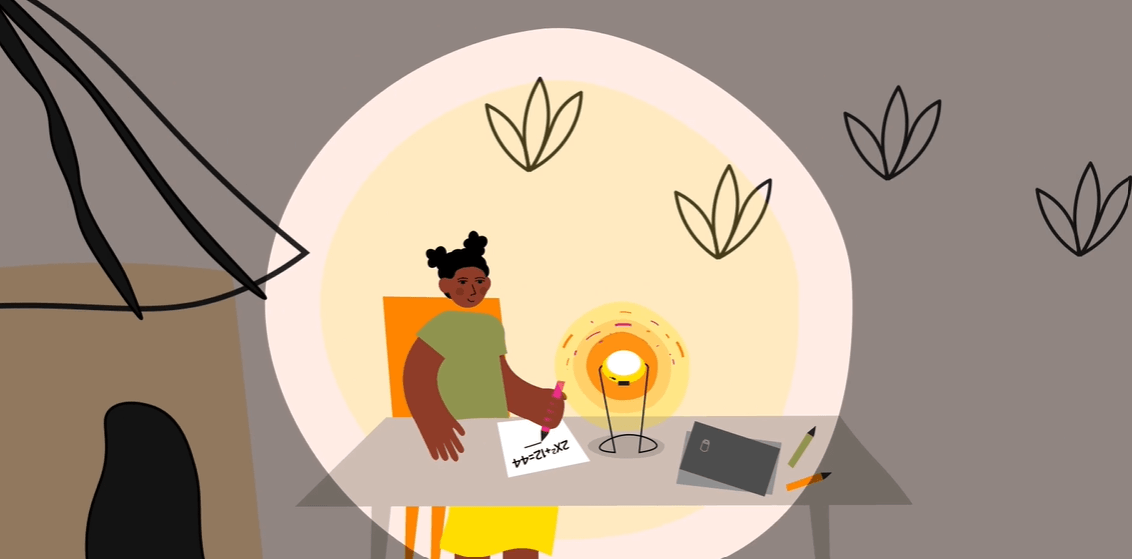
Solar light supports children with their education
Light a Village, Help the World
In Sub-Saharan Africa, nearly 600 million people don’t have electricity. Light a Village aims to bring solar home energy systems (which can power lamps and charge electrical devices) to the most remote and deprived inhabitants of this region. At night families are forced to use oil candles and kerosene and these options are expensive, damage health and produce harmful emissions. There is also the risk of fire.
It’s estimated that in 2030, 560 million people still won’t have electricity, falling far short of the World Health Organization’s aim of affordable energy for all (Sustainable development goal #7). Light a Village tests innovative solutions and applies a “service model” that gives families instant access to affordable energy by managing risk and cost in a highly effective blend of philanthropy and enterprise. SolarAid manages installation and maintenance, so families can simply pay for the energy they need to light their homes and charge devices. This model addresses the two key barriers that keep poorest communities accessing energy access – installation costs and upkeep.
SolarAid also trains local Customer Service Representatives to install and maintain the systems, creating jobs and ensuring a reliable electricity supply.
John Keane, CEO of SolarAid says: “This model demonstrates that it is possible to achieve universal access to energy within a short time frame, even within one of the poorest, most remote, communities in the world."
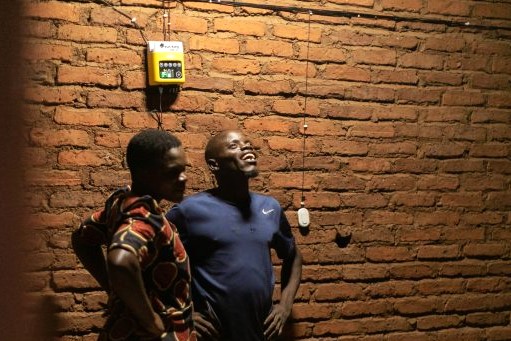
Yohane says a solar light has transformed his family’s prospects. His children can study, he’s learning new skills, and he can support his wife’s business
The project began in Kasakula TA, Ntchisi District in Malawi. Here, 97% of customers lived in extreme poverty, with no grid access. So far, 4,000 home systems have been installed, benefiting 99% of residents and bringing light to all 12 schools in the area.
Last year, scaling up the Light A Village project was a highlight of SolarAid’s achievements. Brave Mhonie, General Manager in Malawi, said he was proud of how the project was stress tested, that thousands of local families were now living in well-lit homes, and “the ongoing positive feedback that we are receiving from customers”.
The project continues to be evaluated, with plans to extend it across Malawi and neighbouring countries, increasing its impact throughout sub-Saharan Africa.
More Illuminating Initiatives
Health is another area where solar power brings huge benefits. The Mtimabii Health Clinic in rural Malawi is open 24 hours a day and serves 42,000 people. Medical professionals used to deploy cell phone torches and expectant mothers would bring candles so they didn’t have to deliver their babies in pitch blackness. Now the clinic has solar-generated light.
SunnyMoney is SolarAid’s social enterprise, and the Malawi team opened its office in 2006. Since then it has continued to work on building a sustainable solar market for the sale and distribution of pico-solar lights, which are small, affordable and brighter than kerosene. This helps tackle poverty and climate change and 435,000 solar lights have been distributed. SunnyMoney Zambia won the 60 Decibels Energy Top Impact Award in March and SunnyMoney Malawi was the runner-up.
In April a new project in Madagascar was announced. In Madagascar, 80% of the population live below the poverty line and only a quarter have access to electricity. By partnering with local organisations to draw on their knowledge and expertise, SolarAid aims to bring power to the nation and in particular its schools. So far 46 schools in 8 regions have benefited. Creating solar libraries (a lamp lending scheme) means students can have light at home and nearly 10,000 can now study during the evening.
SolarAid is also collaborating with strategic partners on projects in other countries, including Senegal, Sierra Leone and Zambia.
Sustainable Africa Needs Cheap Energy
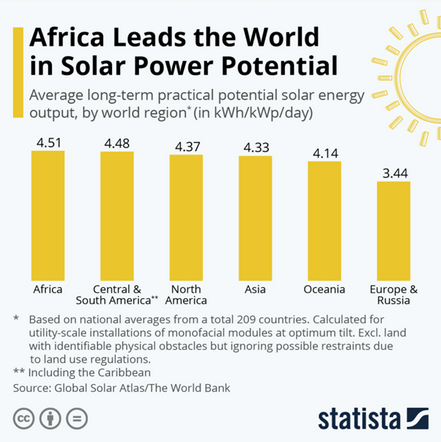
According to the World Bank’s Solar Atlas, Africa has a “unique opportunity” to deliver sustainable and reliable electricity to millions who need opportunities for economic development and improved quality of life. Africa has enormous solar energy potential but needs investment to drive it. Around 80% of energy consumed in Sub-Saharan Africa is from wood-based biomass, which produces emissions and pollutants.
Electricity, generated increasingly from renewable sources, can be the foundation of Africa’s emerging energy systems. According to the International Energy Agency’s Africa Energy Outlook 2022 report, Africa has 60% of the planet’s best solar resources, but only 1% of solar generation capacity.
The Sustainable Africa Scenario envisions a future where everyone has access to affordable energy with modern grids, increasingly powered by renewables. In rural areas, where most of the electricity-deprived live, solar-based systems are often the most viable solution.
Radiant results
By working with local communities, SolarAid has provided solar lights to homes, schools and hospitals. Their goal is to light up every home, school and clinic in sub-Saharan Africa by 2030 using safe, clean, solar power.
SolarAid has already made an impressive impact:
- 2.3 million solar lights distributed globally
- 12.5 million lives brightened by safe, renewable light
- $300 / year saved by each recipient family
- 2,400,000 tonnes of CO2 emissions averted.
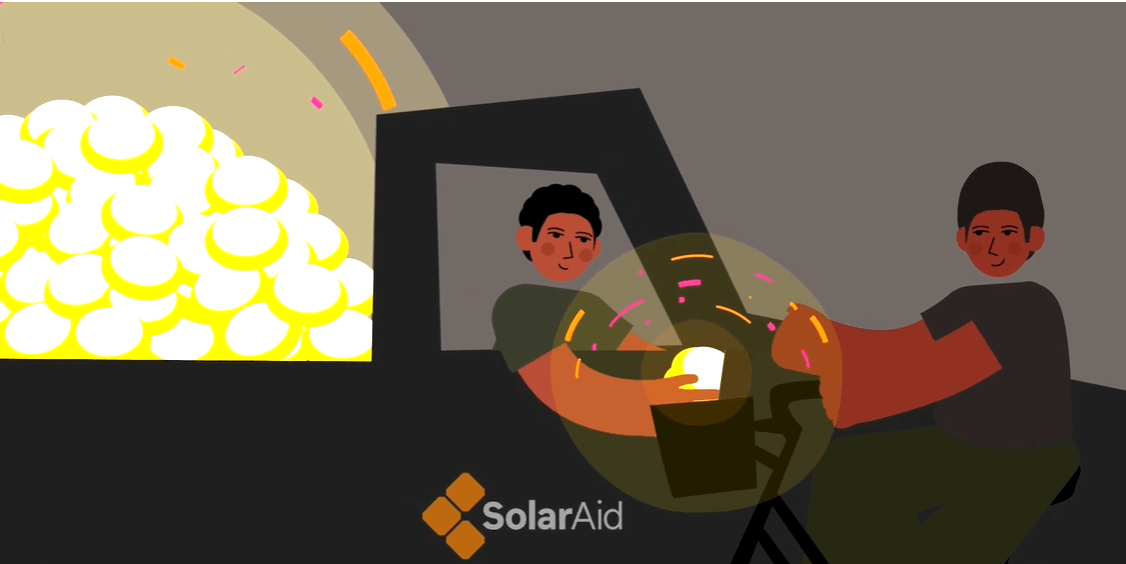
SolarAid’s method for driving change is “trade not aid”. Rather than gifting solar lights in a traditional charitable manner, the organisation has created a sustainable local market for solar lights through SunnyMoney. This means local people can sell lights, and contribute to robust local economies.
Solar energy also plays a role in tackling climate change. Harnessing the sun’s power reduces reliance on fossil fuels, which means fewer greenhouse gas emissions. Solar energy is sustainable, renewable and clean. Investing in solar power is a powerful step towards addressing the climate emergency.
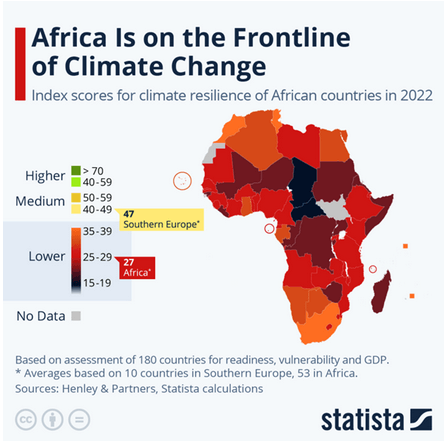
Push to Achieve SDG 7
Much has changed in the past decade with rapid technological innovation and the price of solar power decreasing. A high point for SolarAid was launching the SM100 solar light, an inexpensive model designed to help people on the lowest incomes move away from candles and kerosene. Pay-as-you-go technology has helped many households conquer the affordability barrier.
However, many of the poorest and most climate-vulnerable people still don’t have access to solar power, light or electricity. SolarAid’s most pressing task now is making sure no one is left behind. Its aim is 100% success in achieving SDG 7.
Ongoing challenges include financial instability and more frequent natural disasters due to climate change.
Help Dispel Darkness Today
SolarAid brings power to deprived people. Power means opportunities to learn and work, and the hope of more rewarding lives that support strong families and build resilient communities. With your support, SolarAid can light every home, school and clinic in sub-Saharan Africa by 2030 with safe, clean, power.
You can help today
SolarAid is part of the Climate Resilience cause on Tythe. Sign up now and get £10 free credit towards action you believe in: